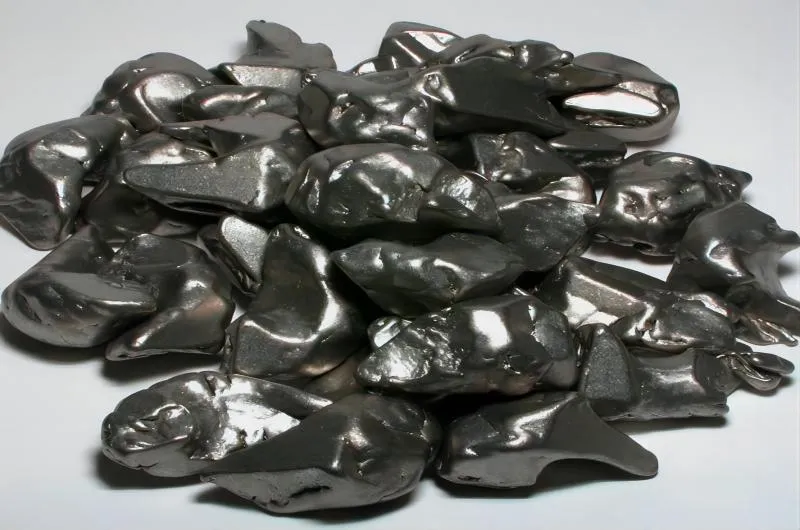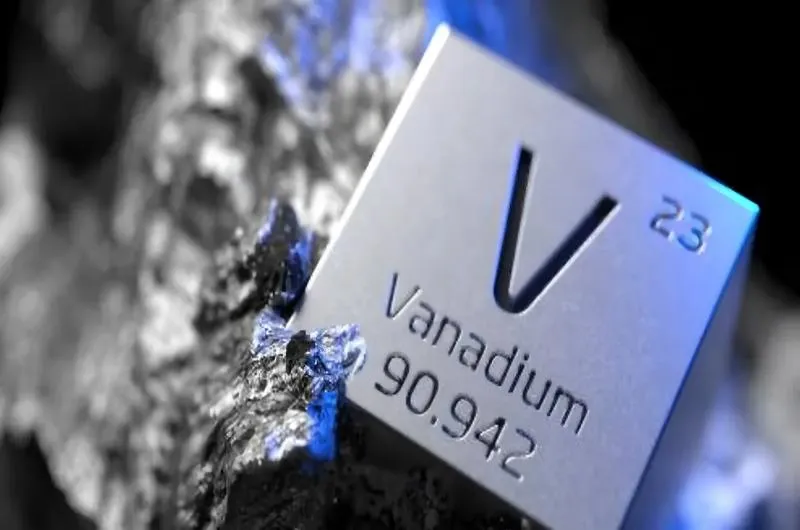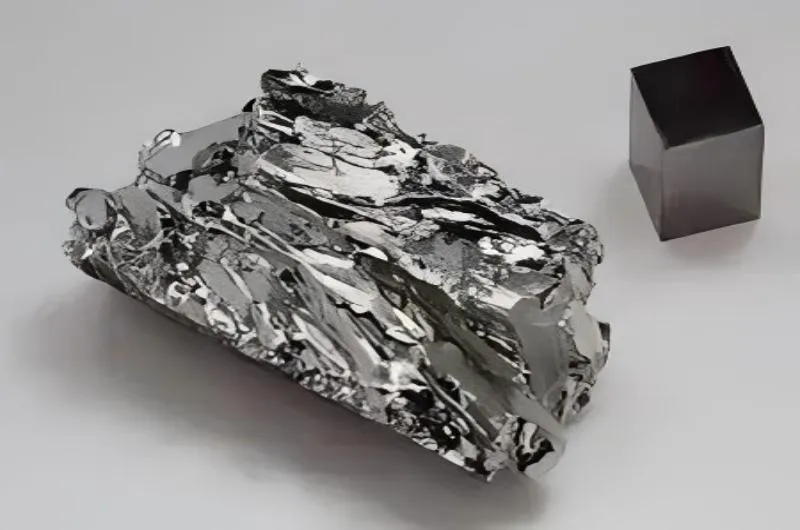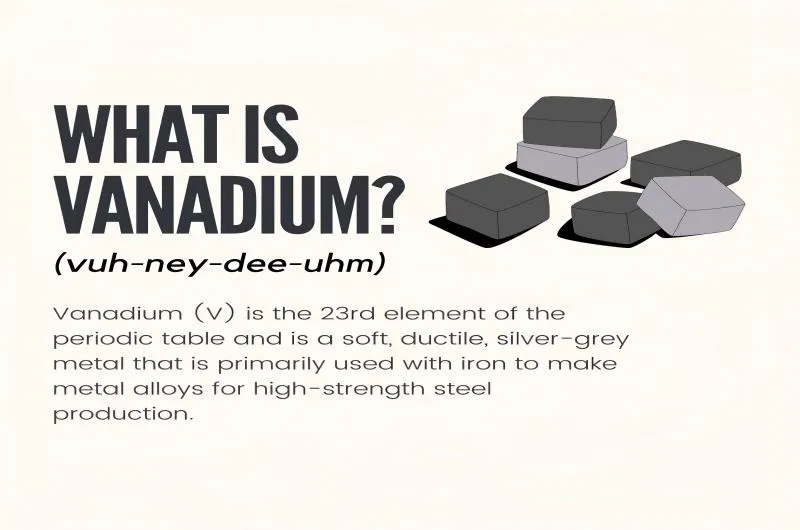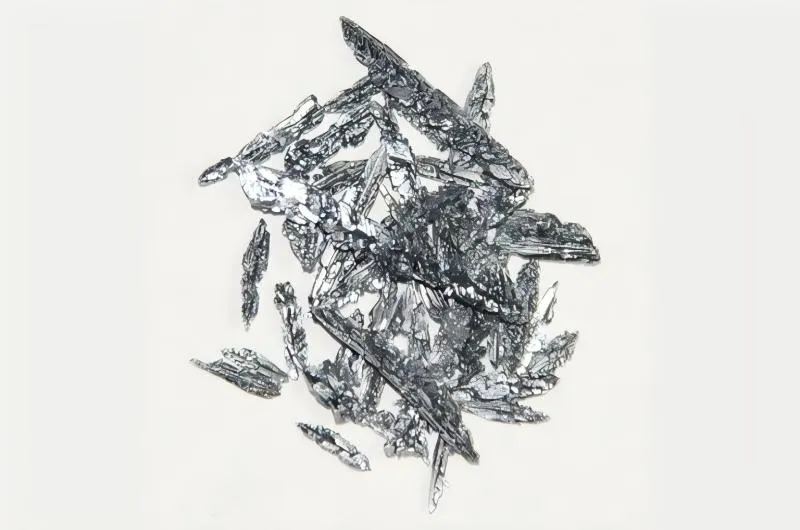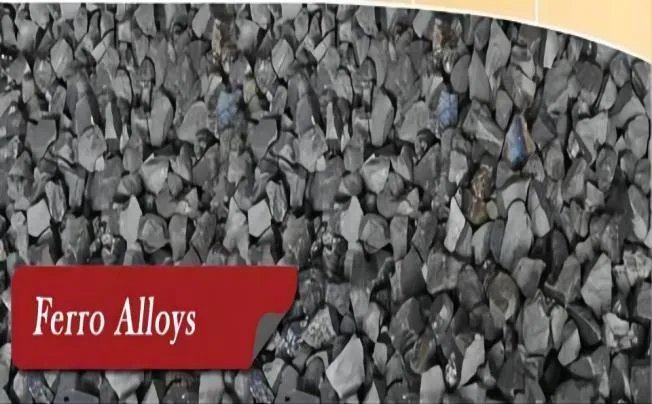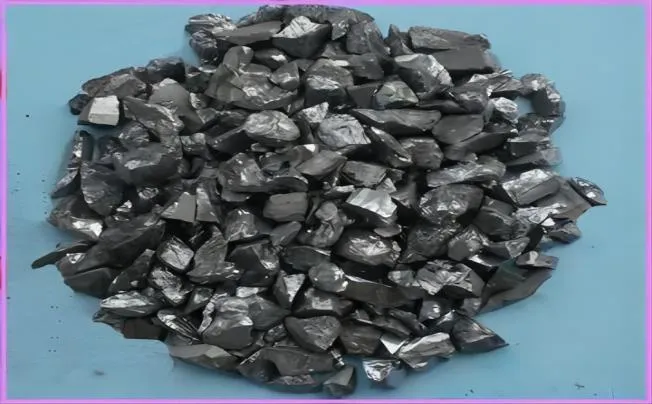BY  GENN
GENN
2024/06
Blog
Why Is Zirconium Better Than Titanium?
Properties of Zirconium
Physical Properties
Zirconium is a lustrous, grey-white, strong transition metal renowned for its exceptional resistance to corrosion by alkalis, acids, saltwater, and other damaging agents. It boasts a density of approximately 6.52 g/cm³, making it significantly lighter than steel while still retaining impressive strength and durability.
This low density renders zirconium particularly favorable for applications where weight reduction is paramount, such as in aerospace engineering and industrial equipment. In terms of its melting point and boiling point, zirconium demonstrates remarkable thermal stability.
It possesses a melting point of 1855°C (3371°F) and a boiling point of 4409°C (7968°F), indicating its suitability for high-temperature environments. This superior thermal resistance makes zirconium an attractive choice for manufacturing processes that involve extreme heat conditions.
Chemical Properties
Corrosion resistance is one of the most notable chemical properties of zirconium. Notably, this metal exhibits outstanding resistance to corrosion in various aggressive environments due to the formation of a highly stable oxide film on its surface.
Zirconium’s ability to form an impermeable oxide layer enables it to withstand the corrosive effects of acids, alkalis, and even highly oxidizing environments with exceptional longevity. Furthermore, zirconium showcases low reactivity with other substances under normal conditions.
It maintains excellent stability when exposed to air or water due to its tendency to form an oxide layer upon contact with these elements rapidly. This inertness contributes significantly to the material’s versatility in diverse industrial applications where chemical stability is crucial.
Properties of Titanium
Physical Properties
Titanium possesses exceptional physical properties that contribute to its wide range of applications. With a density of approximately 4.5 g/cm³, titanium is renowned for its lightweight nature, making it an ideal choice for aerospace and automotive industries where weight reduction is critical. This low density also provides the material with a high strength-to-weight ratio, allowing for robust structures without adding unnecessary bulk.
Furthermore, titanium boasts an impressive melting point of 1,668°C and a boiling point of 3,287°C, which are significantly higher than those of many common engineering materials. These high melting and boiling points make titanium exceptionally resistant to heat-related degradation and contribute to its ability to withstand extreme temperatures in various environments.
Chemical Properties
One of titanium’s most notable attributes is its outstanding corrosion resistance. In the presence of oxygen, titanium forms a thin oxide layer on its surface that protects the metal from corrosion by acids, alkalis, and saltwater.
This natural passivation process contributes to the material’s exceptional durability in aggressive environments and has led to its extensive use in marine applications and chemical processing industries. Furthermore, titanium exhibits remarkable reactivity with other substances due to its strong affinity for oxygen at elevated temperatures.
This reactivity allows titanium to form durable alloys with various elements such as aluminum or vanadium, further expanding its range of applications in engineering. The physical and chemical properties of titanium collectively make it a highly desirable material across numerous industries due to its lightweight nature, high strength-to-weight ratio, exceptional resistance to corrosion, and versatile reactivity with other elements.
Zirconium vs. Titanium
- Mechanical Properties
When comparing the mechanical properties of zirconium and titanium, it becomes evident that both metals possess exceptional attributes that make them highly sought after in various industries. In terms of strength and toughness, titanium is renowned for its impressive strength-to-weight ratio, making it an invaluable material in applications where high strength is pivotal. Its inherent toughness allows it to withstand significant stress without fracturing or deforming, making it a preferred choice in aerospace and medical implant technologies. In contrast, zirconium boasts commendable strength and toughness properties that rival those of titanium. While not as lightweight as titanium, zirconium offers superior corrosion resistance and maintains its structural integrity even under harsh environmental conditions. This makes zirconium an ideal choice for applications where mechanical durability is a priority, such as chemical processing equipment and nuclear reactor components.
Elasticity and Flexibility
Titanium’s exceptional elasticity allows it to return to its original shape after being subjected to external forces or stress, making it highly resilient in dynamic environments.
Furthermore, its remarkable flexibility ensures that it can be shaped into intricate designs without sacrificing its structural integrity—a feature that has made it indispensable in the production of medical implants. Conversely, zirconium exhibits favorable levels of elasticity and flexibility while also offering distinct advantages over titanium in certain scenarios.
- Biological Compatibility
Titanium has long been favored for its biocompatibility—it seamlessly integrates with the human body without triggering adverse reactions or immune responses.
As a result, titanium implants have become standard fixtures in orthopedic surgeries, dental procedures, and various other medical interventions. In recent years, however, zirconium has emerged as an increasingly appealing alternative due to its superior biocompatibility profile compared to traditional metal alloys like stainless steel.
- Aerospace Advantages
Zirconium’s unique properties make it an advantageous material for the aerospace industry. Its exceptional resistance to corrosion, even at high temperatures, makes it a valuable choice for aircraft components, such as gas turbines and jet engine parts. Zirconium alloys can withstand extreme heat and pressure conditions, making them essential for the efficient and safe operation of aerospace equipment.
Furthermore, zirconium’s low neutron absorption cross-section enhances its suitability for nuclear reactors used in spacecraft propulsion systems. Additionally, zirconium’s lightweight and high strength-to-weight ratio contribute to its appeal in aerospace applications.
The reduced weight of zirconium components allows for improved fuel efficiency and overall performance of aircraft, directly impacting operational costs and environmental sustainability.
- Chemical Processing Excellence
Zirconium finds extensive utility in chemical processing industries owing to its exceptional resistance to corrosive environments. The inert nature of zirconium enables it to withstand highly acidic or alkaline conditions without degradation or contamination of processed materials—a crucial attribute for manufacturing processes involving harsh chemicals like sulfuric acid or hydrochloric acid. Moreover, zirconium’s compatibility with fluoride compounds makes it an ideal choice for handling fluorine gas or fluoride salts—an application where other metals like titanium are susceptible to corrosion.
Lesser-known advantages of Zirconium over Titanium
Electrical Conductivity
Zirconium exhibits relatively high electrical conductivity, making it an ideal choice for applications where electrical conductivity is crucial. The remarkable electrical conductivity of zirconium enables it to conduct electricity without significant loss or interference effectively.
In comparison to titanium, which has relatively poor electrical conductivity, zirconium’s superior performance in carrying electrical currents has positioned it as a valuable material in modern technological advancements. As the demand for high-performance materials with excellent electrical properties continues to rise, the unique advantage of zirconium’s electrical conductivity becomes increasingly significant in various industrial and scientific endeavors.
Radiation Absorption Capabilities
The inherent properties of zirconium allow it to attenuate harmful radiation, thereby safeguarding personnel and equipment from the detrimental effects of ionizing radiation. Unlike titanium, which offers limited radiation absorption capabilities, zirconium serves as an indispensable material in nuclear reactors, medical imaging devices, and other sensitive environments where protection against radioactive emissions is paramount.
The utilization of zirconium’s remarkable radiation absorption abilities not only ensures the safety and well-being of individuals working in these specialized settings but also underscores its pivotal role in advancing scientific research and technological innovations within the realm of nuclear science and radiological applications.




